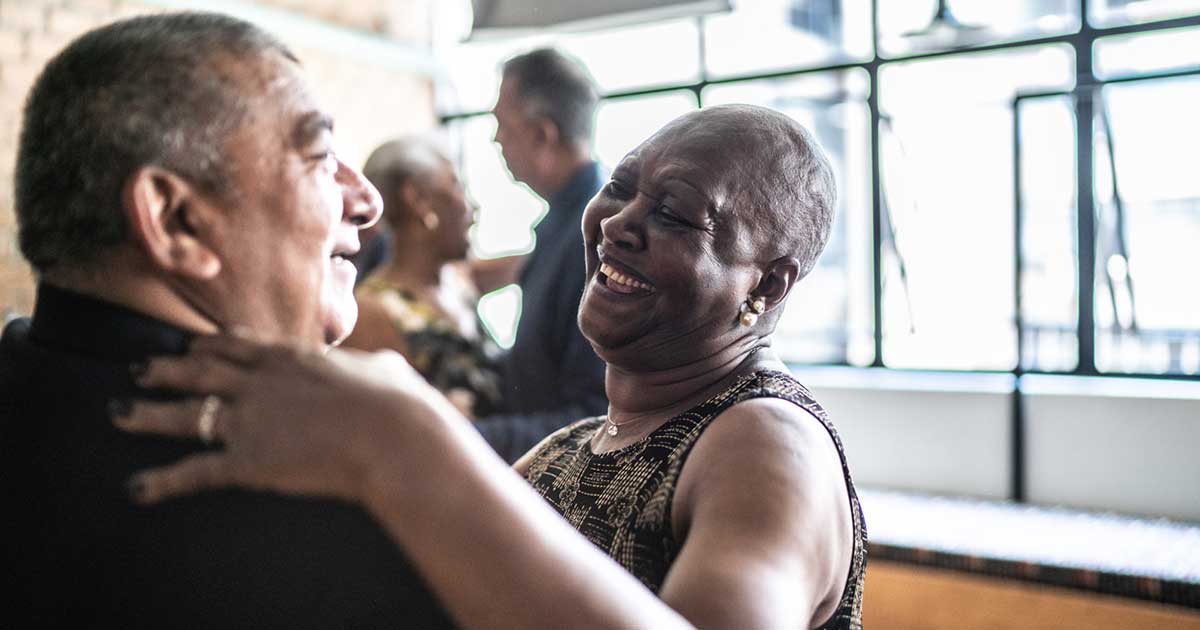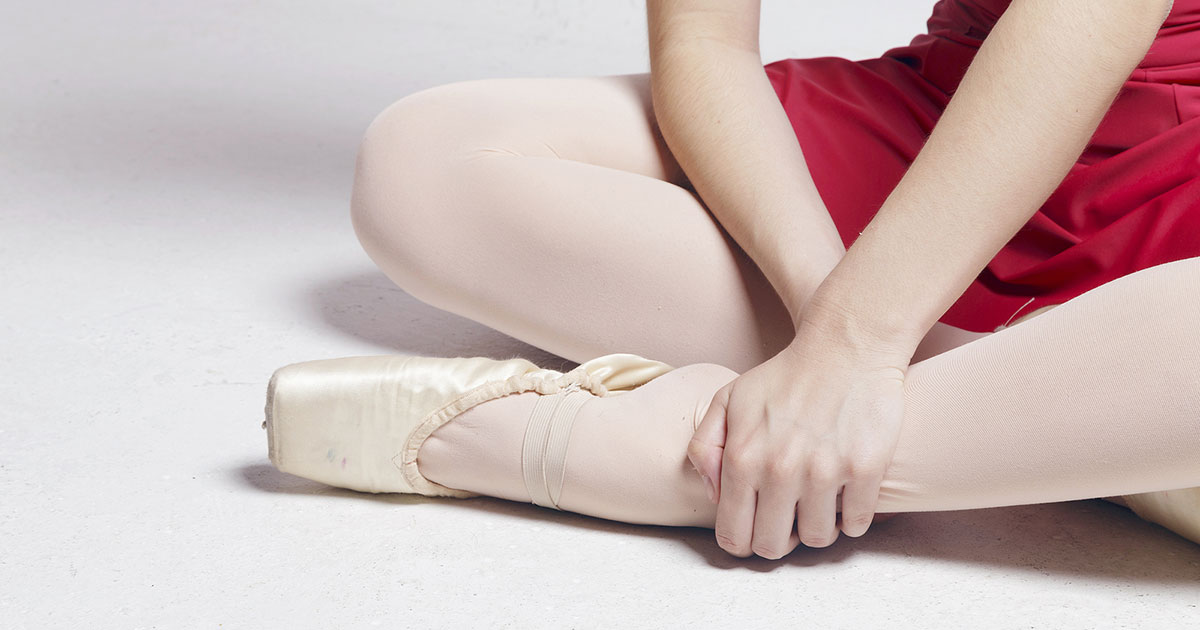Why optimal nutrition is key to preserving bone health in dancers: The Athlete Triad & RED-S
Advice to improve your movement, fitness, and overall health from the world's #1 in orthopedics.
The Athlete Triad refers to three interrelated components: low energy availability, menstrual or gonadal dysfunction, and poor bone health or osteoporosis. Low energy availability, also known as Relative Energy Deficiency, occurs when the amount of energy spent on exercise exceeds the amount of energy taken in through food and drink. This can occur in the setting of an eating disorder such as anorexia or bulimia. It can also be present in individuals without eating disorders, like elite dancers, who expend a lot of energy in rehearsals but might not eat enough for how much they exercise. This energy deficit in turn can cause changes to the hormone system. In females, this can lead to irregularity or absence of menstrual periods. In males, there may be signs of low testosterone, low libido, erectile dysfunction and fatigue.

Our bodies need a healthy diet and normal hormone function in order to have healthy bones. When an athlete isn't getting enough fuel, the bones get weak and the athlete often gets stress fractures. When this energy deficit occurs over time and/or occurs during critical bone development phases in adolescence and early adulthood, it can lead to early osteoporosis. You don't want the bones of an 80-year old at the age of 25!
Certain stress fractures are more often seen in women with the Female Athlete Triad such as in the hip, pelvis, or sacrum. Having more than one stress fracture may also be a sign of the Athlete Triad. RED-S expands beyond the Athlete Triad to describe the impact energy deficit has on the immune system, fatigue, depressed mood, and fertility, among others.
The best way to treat the Athlete Triad is to prevent it from occurring in the first place. This is done through knowledge about good, balanced nutrition. As you increase the intensity or volume of your workouts, you should also increase your calories. Your body needs fuel to perform safely without getting injured.
Not getting a period or only getting one every few months may be a sign that you have the Athlete Triad. Missed periods should not be considered normal in athletes and dancers; you should see your physician for evaluation and a nutritionist if indicated. It's important to know that getting a period when on birth control is not the same as getting a period when not on birth control pills. There still may be an underlying energy deficit so your bones may still be at risk.
If you are concerned about your nutrition, menstrual cycle or have had stress fractures, you should consult with your sports medicine physician, primary care physician, or gynecologist. It may be important to have lab studies, a bone density test, and/or consult with a sports dietician and sports psychologist.
Published 11/7/2022





